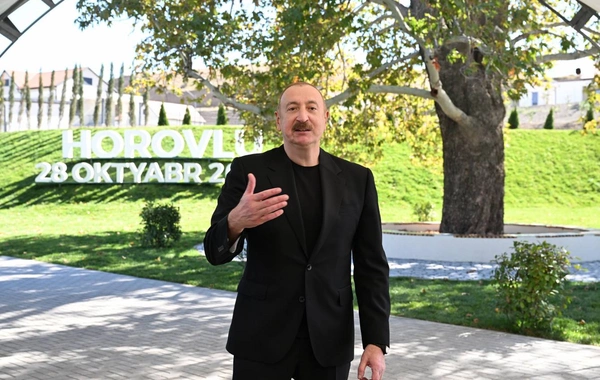A method has been found to eliminate a dangerous genetic cancer promoter

Scientists from Northwestern University have identified new molecular mechanisms of one of the most common oncogenic mutations - KRAS-G12V. The results of their work are published in the journal Nature Chemical Biology (NCB).
As reported by BAKU.WS, mutations in the KRAS gene are common in pancreatic cancer, colon cancer, and non-small cell lung cancer. They trigger the process of malignization - the transformation of healthy cells into malignant ones. Due to structural changes in the protein, it is extremely difficult to target it directly with medications.
Previously, researchers studied in detail another variant of the mutation - KRAS-G12C, for which drugs that slow tumor growth have already been developed. These results inspired the team to focus on the KRAS-G12V mutation, which until now was considered difficult to target therapeutically.
Using whole-genome CRISPR-Cas9 screening, scientists determined that the ELOVL6 gene reduces the level of KRAS-G12V. ELOVL6 encodes an enzyme - fatty acid elongase, which is involved in the formation of the cell membrane. The lipids produced by this enzyme "attach" the mutated KRAS protein to the membrane. The researchers explained: if these lipids are removed, the mutated protein detaches, breaks down, and is eliminated from the cell.
In experiments with mice with tumors caused by KRAS-G12V, suppression of ELOVL6 activity slowed the growth of neoplasms and prolonged the animals' lives.
"When we blocked the function of this lipid elongase, the mutated KRAS detached from the membrane and was destroyed," noted Kelly. "This became an unexpected and significant discovery."
According to the researcher, discovering the role of ELOVL6 as a regulator of mutated KRAS could form the basis for new approaches to cancer treatment. Currently, the team is working on creating a startup to transform this discovery into potential therapy.
Similar News
Cheese reduces the risk of dementia, scientists have found
Regular consumption of cheese may reduce the risk of developing dementia. This conclusion was reached by scientists who published the results of a study in the...




 Azərbaycanca
Azərbaycanca  По-русски
По-русски  English
English 





